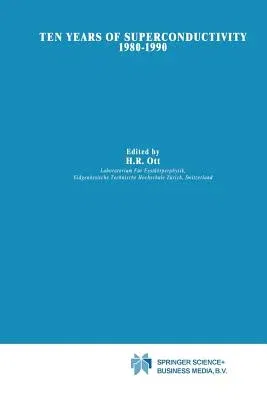Ten Years of Superconductivity: 1980-1990 (Softcover Reprint of the Original 1st 1993)Paperback - Softcover Reprint of the Original 1st 1993, 23 October 2012

Qty
1
Turbo
Ships in 2 - 3 days
In Stock
Free Delivery
Cash on Delivery
15 Days
Free Returns
Secure Checkout
Part of Series
Perspectives in Condensed Matter Physics
Print Length
323 pages
Language
English
Publisher
Springer
Date Published
23 Oct 2012
ISBN-10
9401047073
ISBN-13
9789401047074
Description
Product Details
Book Edition:
Softcover Reprint of the Original 1st 1993
Book Format:
Paperback
Country of Origin:
NL
Date Published:
23 October 2012
Dimensions:
23.39 x
15.6 x
1.8 cm
ISBN-10:
9401047073
ISBN-13:
9789401047074
Language:
English
Location:
Dordrecht
Pages:
323
Publisher:
Weight:
476.27 gm

